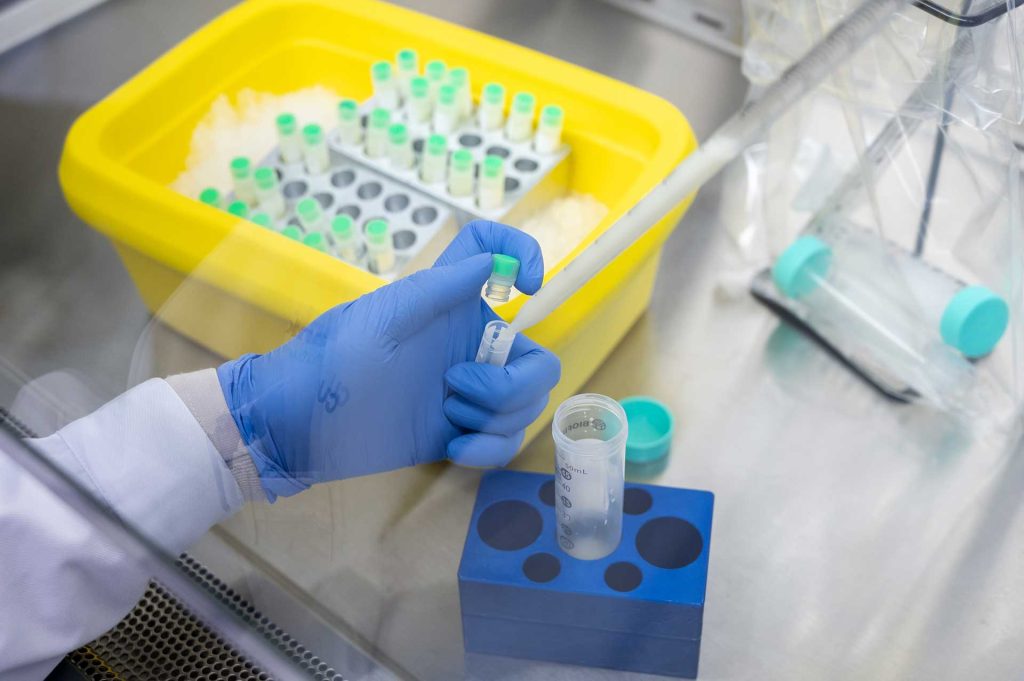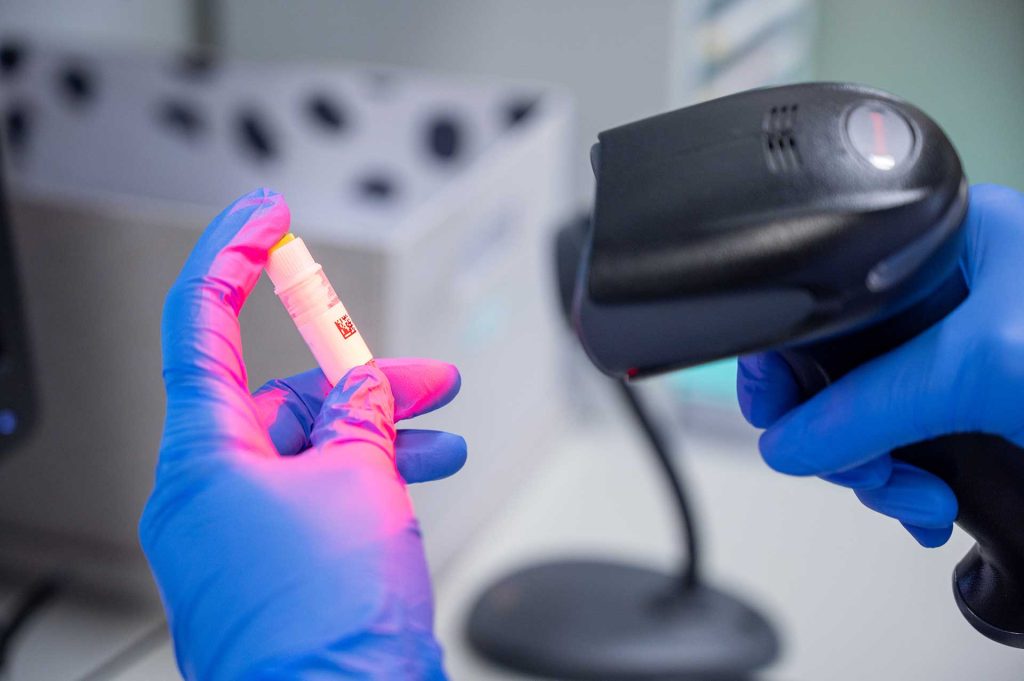Welcome to CU-Med Biobank, where we’re saving patient samples today to power tomorrow’s medical breakthroughs. Join us in advancing the future of healthcare.
Biobanking is the process of acquiring, processing, storing, and managing biological samples and associated data for research purposes. It involves the preservation of various types of biological materials, such as tissues, blood, and stool, in a controlled environment to ensure their long-term stability. Biobanks play a crucial role in advancing medical research by providing researchers with access to a large and diverse collection of samples that can be used to study diseases, develop new treatments, and improve patient care.
Key aspects of biobanking include:
Biobanking involves obtaining informed broad consent from donors, ensuring the privacy and confidentiality of the collected data, and adhering to ethical guidelines and regulations.
Biobanks acquire biological samples from donors, which can include tissues, blood, and stool, etc.
Biobanks process biological samples following a well-planned standard operating procedure (SOPs) to ensure the consistency and quality of samples.
The collected samples are stored in a safe and controlled environment, such as ultra-low temperature freezers or liquid nitrogen tanks, to maintain their integrity over time.
Biobanks systematically organize and manage the associated data, including health information and personal data of donor, sample information, etc. This comprehensive approach ensures data integrity, facilitates long-term tracking and easy access.
Researchers can request access to the samples and associated data from biobanks for their studies, allowing them to investigate diseases, develop new treatments, and improve patient care.
Clinical Samples
CU-Med Biobank
Sample Processing
Sample Storage
Institution, Pharmaceutical Company, Clinician, Biotech Company, Research Laboratory

